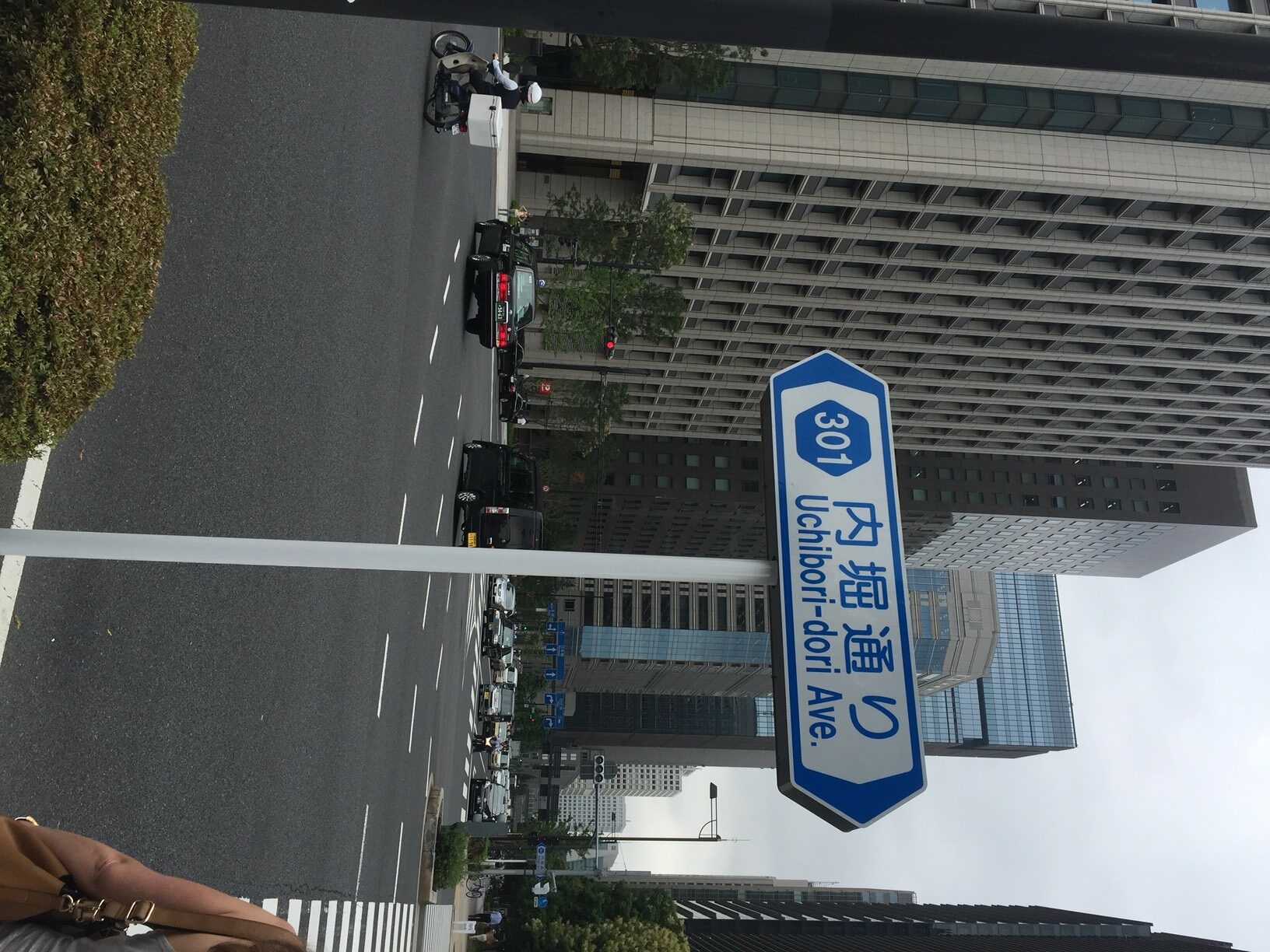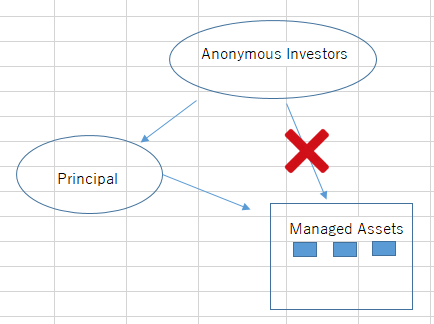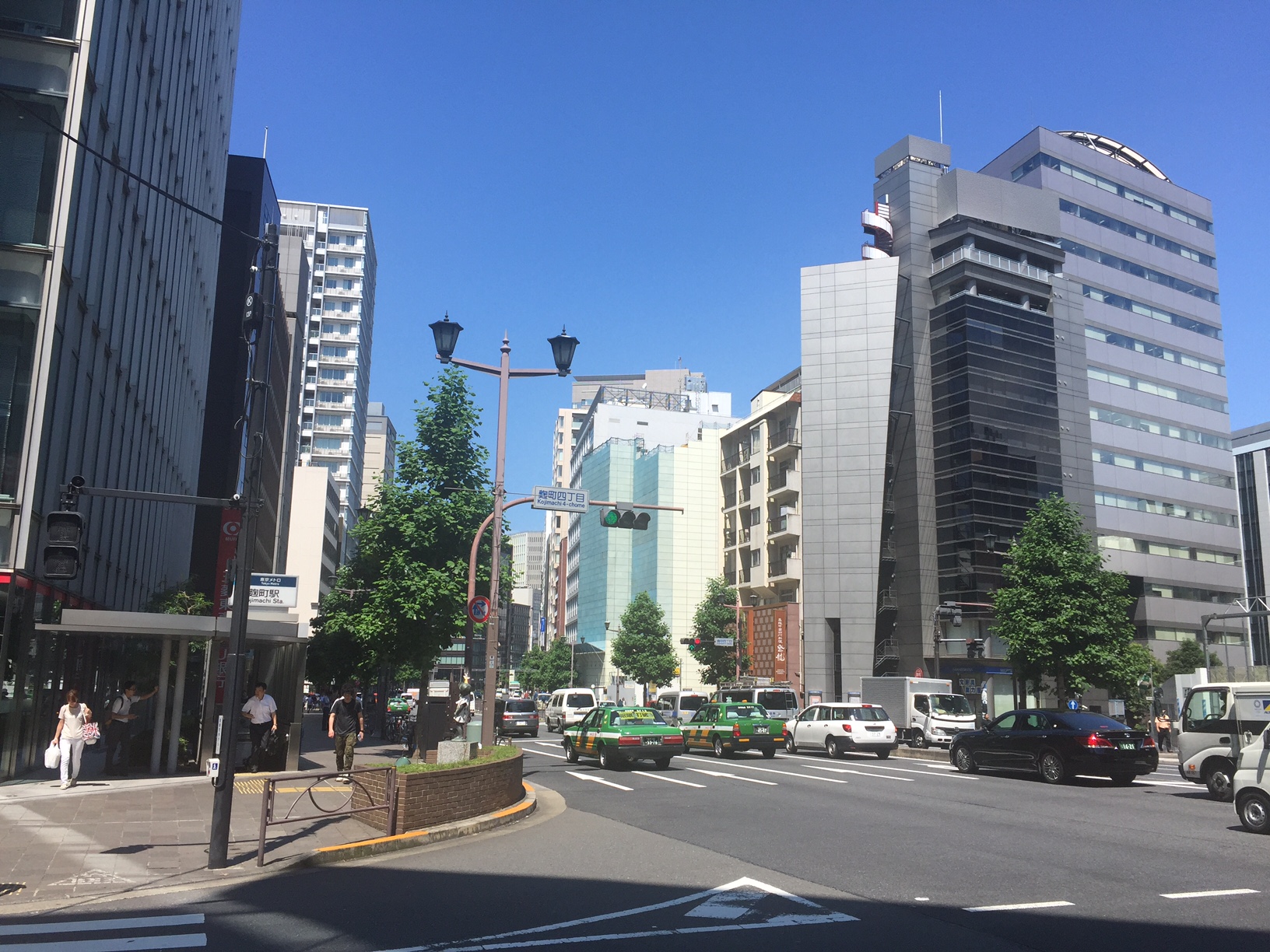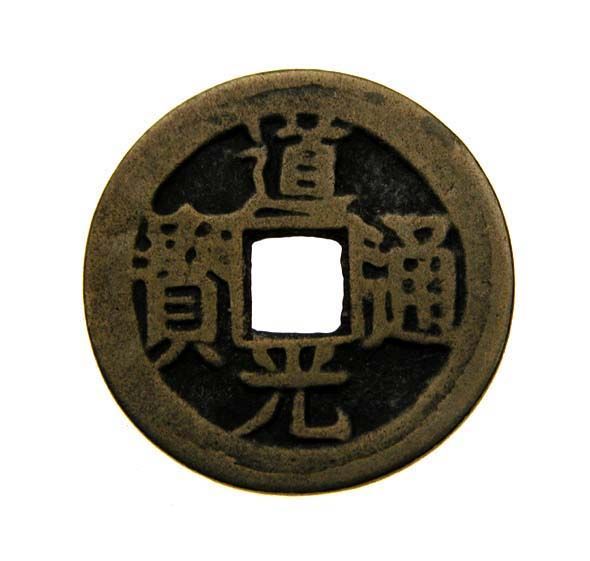Tax Benefit Type A (company younger than 3 years old): Benefit (#1) -> The investment will be deductible from gross taxable income (e.g. salary, business, property income) up to lesser of 40% of the gross income and 10,000,000 yen. Benefit (#2) -> Capital loss from selling shares to a qualified company can be carried over … Read More “Angel Investment Taxation” »
Category: Investing in Japan
外国会社の日本支店の設置は本国で用意できる書類によって色々なバリエーションが考えられるのですが、一番簡単なのは宣誓供述書で登記に必要な事項をすべて記載してもらう方法です。 Registering a branch in Japan is a little bit trickier than establishing a company from the scratch. But you may have reasons to choose a branch structure. Your reasoning might be tax efficiency where you would like to use its operating expenses in Japan against taxable income in your home country. Or I know … Read More “Setting up a branch of foreign corporation in Japan” »
I was asked about EXIT Tax of Japan recently and made some recap. EXIT Tax can potentially be applicable to rich people who has foot steps in both Japan and other countries and owns Japanese stocks. Capital gain on Japanese Stock are free of tax for non-resident Capital gain from stock transactions are tax free … Read More “Japanese Exit Tax on stocks” »
It is not difficult to open up a branch or a company here in Japan now a days. To open a branch You need to appoint a Japan resident as the representative person of the branch. This person has to be a resident of Japan but his or her nationality does not matter. This person … Read More “Opening up a branch or starting a company in Japan” »
You might have heard of the term, Tokumei Kumiai (TK) before if you are in investing industry for some time already. What is it? Is it a good investment vehicle to create one for me? Overview TK is not a kind of standard partnership that you would imagine where people have equal voting right based … Read More “Tokumei Kumiai (TK) what is the point?” »
Tokumei Kumiai (or TK for short) is a popular structure as an investment vehicle among foreign investors. The direct translation of TK is “anonymous partnership”. It consists of Principal and investor-partner(s). All the assets and the liabilities directly belong to Principal. Investor-partners do hold any rights to its business assets nor take responsibility to its … Read More “Tokumei Kumiak – TK” »
SPCに利用される法的主体としては、特定目的会社、合同会社、匿名組合などのスキームがよく用いられます。それぞれ、長所短所があるのですが、匿名組合は、匿名組合員の拠出した資産を営業主が所有するため、そこがネックになることが多いです。 (麹町交差点 2016年7月) 特定目的会社(TMK)の特徴 非連結 日本の会計基準では支配力基準を採用しています。つまり、形式的に株式の議決権が50%超あるかないかではなく、取締役を過半数派遣するなどして実質的にその子会社を支配しているかどうかで判定します。一定の基準を満たすTMKについては連結から外すことができます。(財務諸表規則8条7項)。 二重課税の排除・導管性(Conduit) 証券化の為には、TMKの段階での課税をされるのは投資効率の観点から避けるようにしたいです。これを2重課税の排除といいます(親会社で配当が課税されない場合は実際には2重課税にはなりません)。この場合、投資先のビークルは導管性を備えているといいます。よく、アメリカのLLCでパススルーのものが話題になりますが、これも同じです。 つまり、SPCの段階では法人税等が課税されないで、持ち分に応じて構成員に課税される組合のようなイメージです。 倒産隔離 一般社団法人を特定出資者に使うことが多い。一般社団法人自体への出資者に議決権がないことを利用している。一般社団法人のりじ 信用補完 投資家が投資をしやすいように、リスクを低減させるための優先劣後構造をとることが多いです。 具体的には、特定出資と優先出資、優先・劣後のある特定社債の発行があります。オリジネータが 一般社団法人が特定出資をする。 法的な仕組み 社員総会、1名以上の取締役、1名以上の監査役を設置しなければなりません(資産流動化法67条1項1号、2号)。また、資産対応証券として特定社債のみを発行する特定目的会社であって、資産流動化計画に定められた特定社債の発行総額と特定目的借入れの総額との合計額が200億円以上の場合には、会計監査人も設置する必要があります(同条同項3号)。 取締役は、特定目的会社(TMK)の業務を決定・執行し、会社を代表します(資産流動化法78条、79条)。ただし、代表取締役を定めるときは、代表取締役が会社を代表します(資産流動化法79条1項但書)。監査役は取締役の職務の執行を監督します(資産流動化法87条1項)。 しかし、特定目的会社はビークルとしての性質を法的に担保するために、原則として、特定資産の管理及び処分に係る業務は信託会社等へ信託する必要があります(資産流動化法200条1項)。これにより、取締役が特定資産に関する業務執行を直接的に行うことはなく、信託会社等の選定に関する意思決定を行い、信託会社等の監督等を行うにすぎません。また、特定資産が不動産、指名債権などの一部については、信託会社等への業務の信託は必要なく、当該資産の譲渡人又は当該資産の管理及び処分を適正に遂行するに足りる財産的基礎及び人的構成を有する者にその管理及び処分に係る業務を委託することができるとしています(同条3項)。これは、不動産の流動化案件で、オリジネータがTMKへ不動産を売却し、そのまま不動産をリース等で借り上げる場合や不動産会社が不動産を流動化した場合などで、わざわざ信託会社等を利用しなくても管理することが可能であると考えられるものを除外するための規定です。指名債権は、銀行等の金融機関における債権流動化案件を想定しているものと考えられます。 特定目的会社の組成に関して 注意点 ・オフバランス(リスク・経済価値アプローチが適用される。リスクや経済価値が) ・連結(非連結) ・リース会計の処理 「関係会社間の取引に係る土地・設備等の売却益の計上について監査上の取扱い」(日本公認会計士協会 監査委員会報告第27号) 「特別目的会社を活用した不動産の流動化に係る譲渡人の会計処理に関する実務指針」(平成12年7月31日 日本公認会計士協会 会計制度委員会報告15号) http://www.hp.jicpa.or.jp/specialized_field/files/2-11-15-2a-20141107.pdf リスク・経済価値アプローチが適用される。リスクや経済価値がほとんど移転していないと認めれる場合には、金融取引として処理する。5%ルールの適用に注意する。)
A Tokumei Kumiai, or TK, is widely used as an investment vehicle into the Japanese property market. The beauty is the lowest tax rate in total, compared to the normal corporate income tax and withholding tax on dividends. In a TK, investor dividends are regarded as a deductible expense, which is subject to Japanese withholding … Read More “Tax Saving Investment Vehicle to Japanese Property – TK or Tokumei Kumiai” »
It seems that there have been big influx of investment into Japanese solar panel (Fit In Tariff) and property market recently. We some time receive inquiries from clients about best investment structures for solar panel and property investment from a tax saving point of view. Sometime their structures are already well thought and fixed by major law firms because … Read More “Downside of TK (Tokumei Kumiai partnership) structure” »
It seems buying properties in Tokyo is becoming popular idea recently. Thanks to interests from foreign investors in addition to historically low interest rate, the price of new apartment has gone up almost to a double in the past few weeks. Now price of the new norm for a new apartment is 7,000,000 yen per … Read More “Buying Property In Japan and its income tax filing” »







